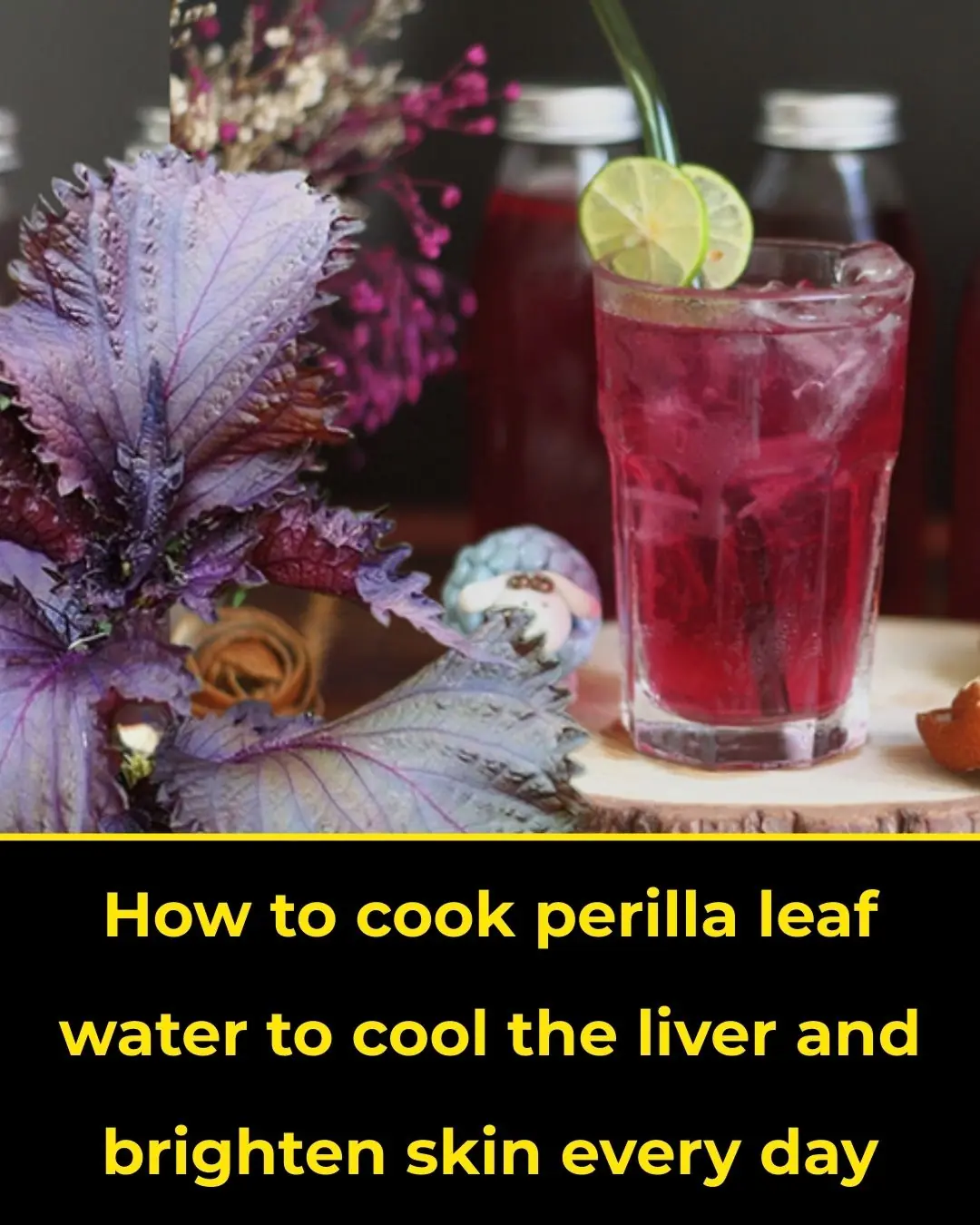
7 Resistance Band Ab Moves That Torch Belly Fat and Build Core Power
This variation transforms a simple bridge into a powerhouse move, strengthening not only your glutes but also your deep core muscles, lower back, and hip stabilizers.
High cholesterol is more than just a number on your blood test—it’s a silent threat that can slowly damage your arteries and put your heart at risk. Fortunately, food isn’t only fuel; it can also be powerful medicine. By making simple, smart choices at the table, you can actively lower your cholesterol and safeguard your long-term health.
Experts agree: diet is your first and strongest weapon against unhealthy cholesterol levels. With the right foods, you can reduce LDL (“bad” cholesterol), boost HDL (“good” cholesterol), and even reverse plaque buildup in your arteries. Let’s take a closer look at eight delicious, science-backed foods that can transform your cholesterol and protect your heart.
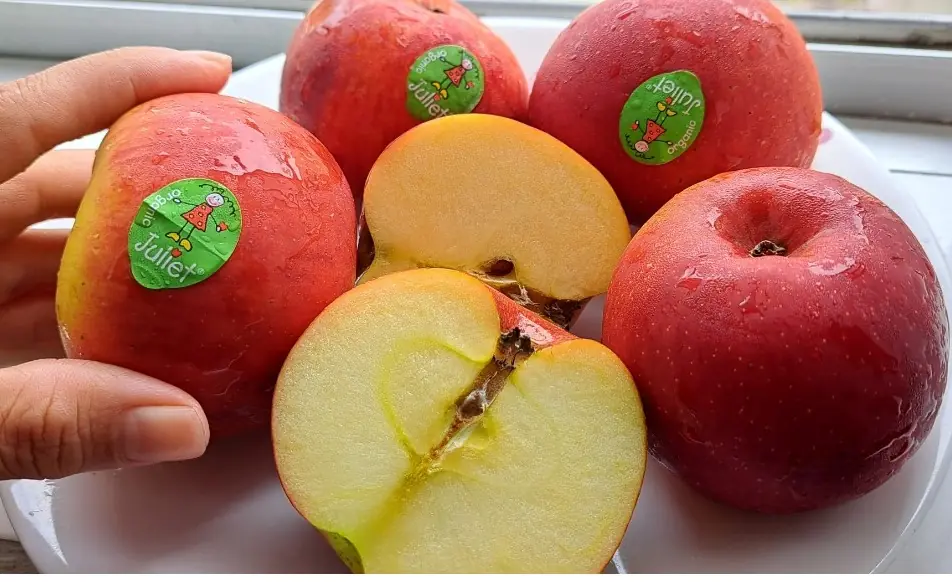
Why Food Matters More Than You Think
If you’ve been diagnosed with high cholesterol, chances are your doctor has already mentioned diet changes before prescribing medication. “Food is going to be your first line of treatment,” explains Emily Schmidt, RDN, a dietitian based in Minnesota.
High LDL cholesterol develops mainly from consuming too many saturated and trans fats, which are commonly found in:
Over time, excess LDL can cling to artery walls and form plaque. If this plaque ruptures, it can trigger a blood clot that blocks circulation—leading to a heart attack or stroke.
But here’s the good news: replacing harmful fats with healthier ones, while also adding fiber-rich foods to your diet, can help reverse the trend. “The biggest impact on cholesterol comes from swapping out saturated fats for unsaturated fats,” says Kevin Klatt, PhD, RD, a nutrition scientist at UC Berkeley.
8 Foods That Help Lower Cholesterol Naturally
Beans are one of the most underrated cholesterol fighters. They’re rich in plant-based protein, which makes them an excellent alternative to fatty meats. They also pack a double punch of soluble fiber, which binds with cholesterol in the digestive system and helps flush it out of the body.
Simple swaps, like choosing a black bean burger instead of beef or tossing chickpeas into a salad, can make a noticeable difference. You can also add beans to soups, burritos, or stews for a satisfying, heart-friendly meal.
Cashews, almonds, walnuts, and pistachios aren’t just crunchy snacks—they’re loaded with unsaturated fats and soluble fiber, both of which are cholesterol-friendly. Research suggests that people who eat nuts regularly have lower LDL levels and a reduced risk of heart disease.
The key is moderation, since nuts are calorie-dense. Stick to a handful (about one ounce) per day. Sprinkle them on salads, stir them into yogurt, or enjoy nut butters in smoothies or sandwiches—just make sure they’re low in added salt and sugar.
Few foods have been studied as extensively as olive oil, especially in the context of the Mediterranean diet. Extra-virgin olive oil is rich in monounsaturated fats, which lower LDL cholesterol and protect heart health.
In fact, studies show that people who consume olive oil daily have slower plaque buildup in their arteries compared to those who follow low-fat diets. Use olive oil in place of butter, drizzle it over roasted vegetables, or whisk it into vinaigrettes. Despite its relatively low smoke point, research shows extra-virgin olive oil remains stable and safe even at higher cooking temperatures.
Chia, flax, pumpkin, and sunflower seeds are tiny nutritional powerhouses. They deliver soluble fiber, plant-based protein, and unsaturated fats, all in one package. “Seeds do double duty, because not only do they have fiber, but they also contain heart-healthy fats,” Schmidt notes.
You can easily sneak seeds into your diet by adding ground flaxseeds to oatmeal, stirring chia seeds into pudding, spreading sunflower butter on toast, or snacking on roasted pumpkin seeds.
The age-old saying “an apple a day keeps the doctor away” has some truth when it comes to cholesterol. Apples are rich in soluble fiber, especially pectin, which reduces LDL levels. One study found that participants who ate about 550 grams of apples daily significantly lowered their cholesterol.
The secret lies in the skin, where most of the fiber is concentrated. Enjoy apples whole, slice them into salads, pair them with natural peanut butter, or whip up a rustic applesauce without peeling.
Avocados are beloved not only for their creamy texture but also for their impressive fat profile. They’re high in monounsaturated fats while still offering a balance of polyunsaturated fats—both of which help improve cholesterol levels.
From avocado toast to salads, sandwiches, or guacamole, this fruit is versatile and heart-friendly. You can also use avocado oil for cooking, which has a high smoke point and neutral flavor.
Fish like salmon, mackerel, sardines, and anchovies are loaded with omega-3 fatty acids. These fats not only lower LDL cholesterol but also reduce triglycerides and protect against heart rhythm problems. According to the American Heart Association, eating fatty fish twice a week can cut the risk of heart attack and stroke.
Try baking salmon with herbs, adding sardines to salads, or enjoying grilled mackerel for a protein-rich, heart-healthy meal.
This one may surprise coffee lovers. While unfiltered brews like espresso and French press can increase cholesterol due to natural compounds called terpenes, filtered coffee doesn’t have this effect. “Replacing unfiltered coffee with drip coffee is a smart move for cholesterol management,” says Dr. Klatt.
So, if you’re a daily coffee drinker, swapping your brewing method could make a quiet but powerful difference for your heart.
Final Thoughts: Small Changes, Big Impact
Managing cholesterol doesn’t require a perfect diet or drastic restrictions. It’s about making gradual, sustainable swaps—cutting back on processed foods, replacing saturated fats with healthier ones, and prioritizing fiber-rich, nutrient-dense ingredients.
As Schmidt reminds us, “It’s all about balance. You don’t have to eat perfectly to achieve optimal cholesterol levels.” By regularly incorporating these eight foods into your meals, you’ll be giving your body the natural tools it needs to protect your arteries, improve your heart health, and keep you thriving for years to come.

This variation transforms a simple bridge into a powerhouse move, strengthening not only your glutes but also your deep core muscles, lower back, and hip stabilizers.



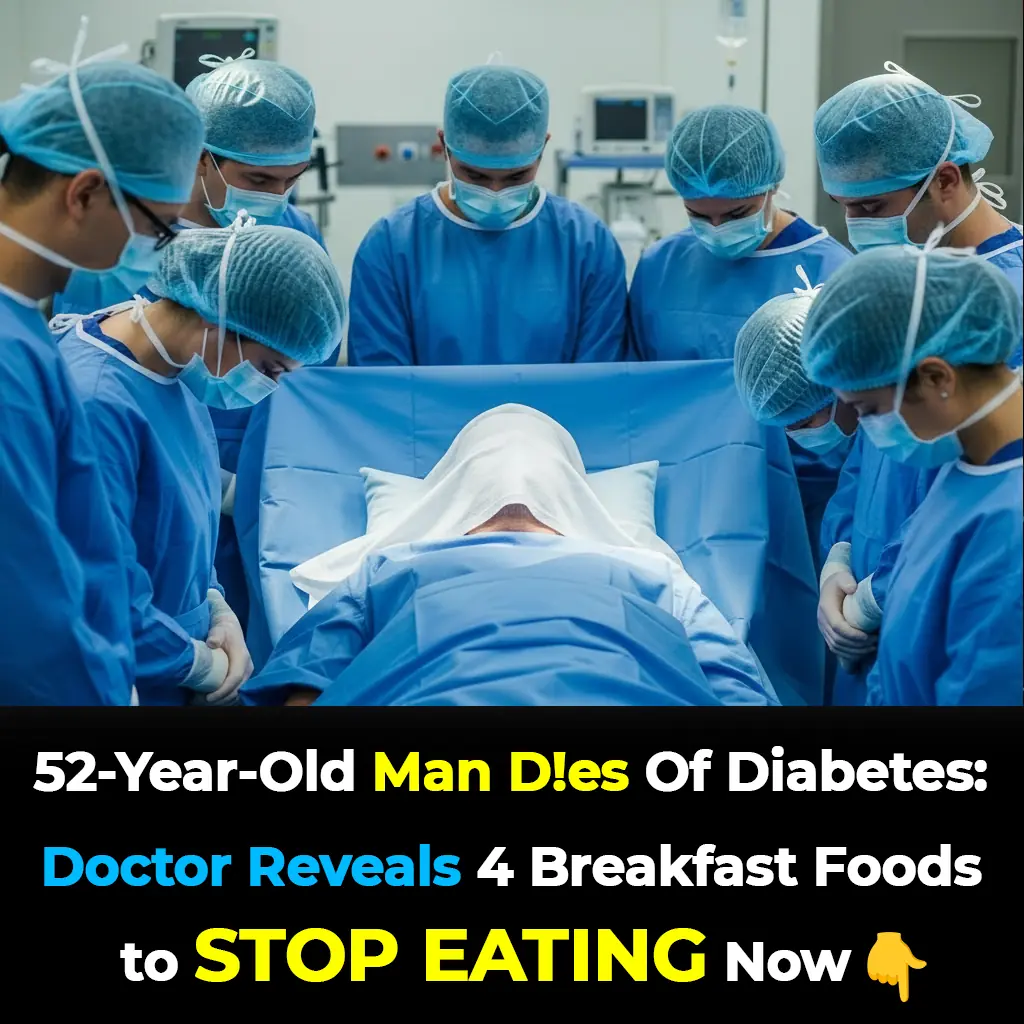
He thought he was strong and healthy, but one morning at work, his body gave in without warning. By the time he reached the hospital, it was too late. His story serves as a chilling reminder that what you eat for breakfast could quietly determine your ris

Your eyes do more than reflect emotions; they can also reveal critical clues about your overall health. Subtle changes in appearance, color, or vision may sometimes be early warning signs of dangerous cancers developing elsewhere in the body — long befo

The influence of a husband’s habits on his wife’s well-being is far greater than many couples realize. Small daily choices — whether neglecting exercise or lighting a cigarette — can quietly accumulate into significant health risks over time.
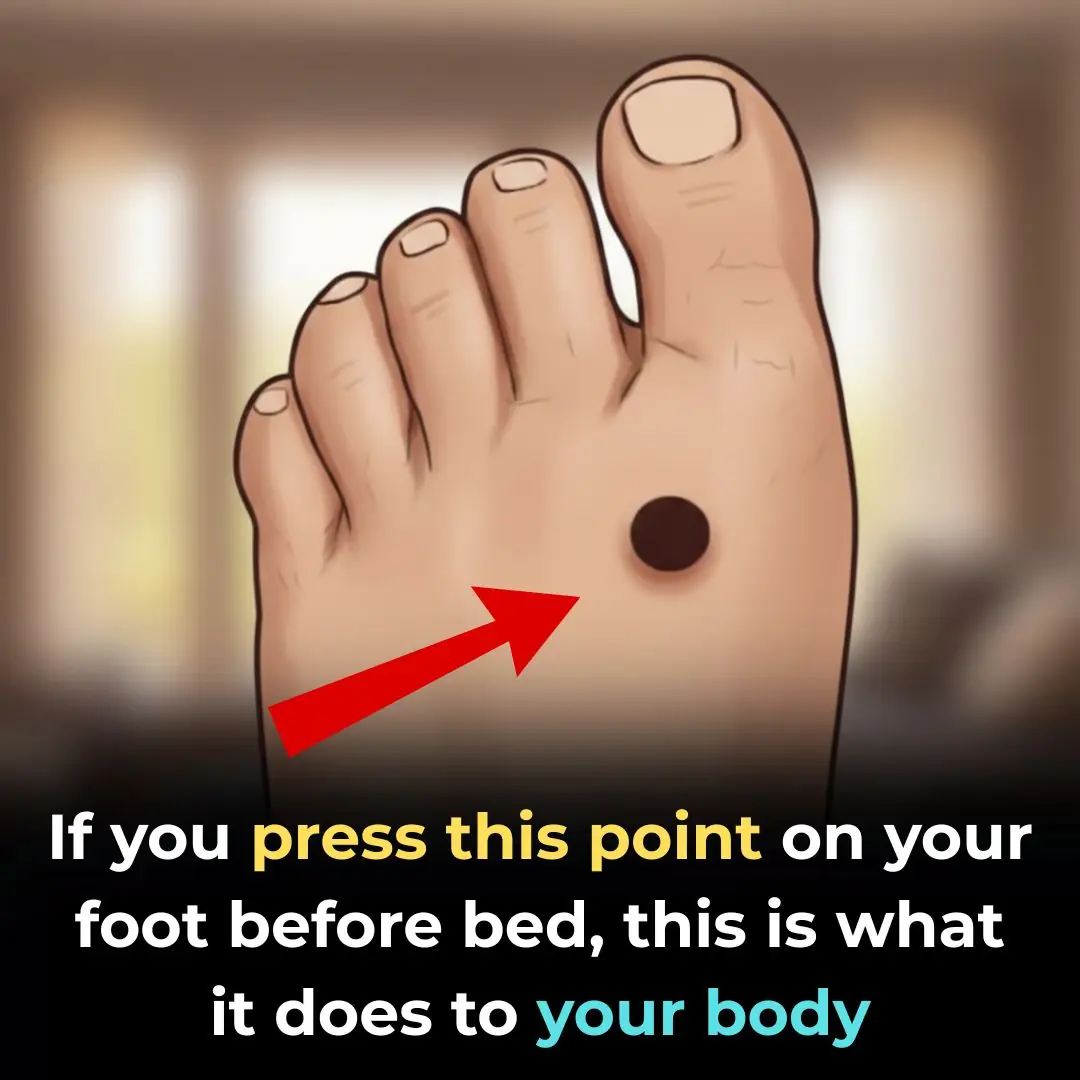




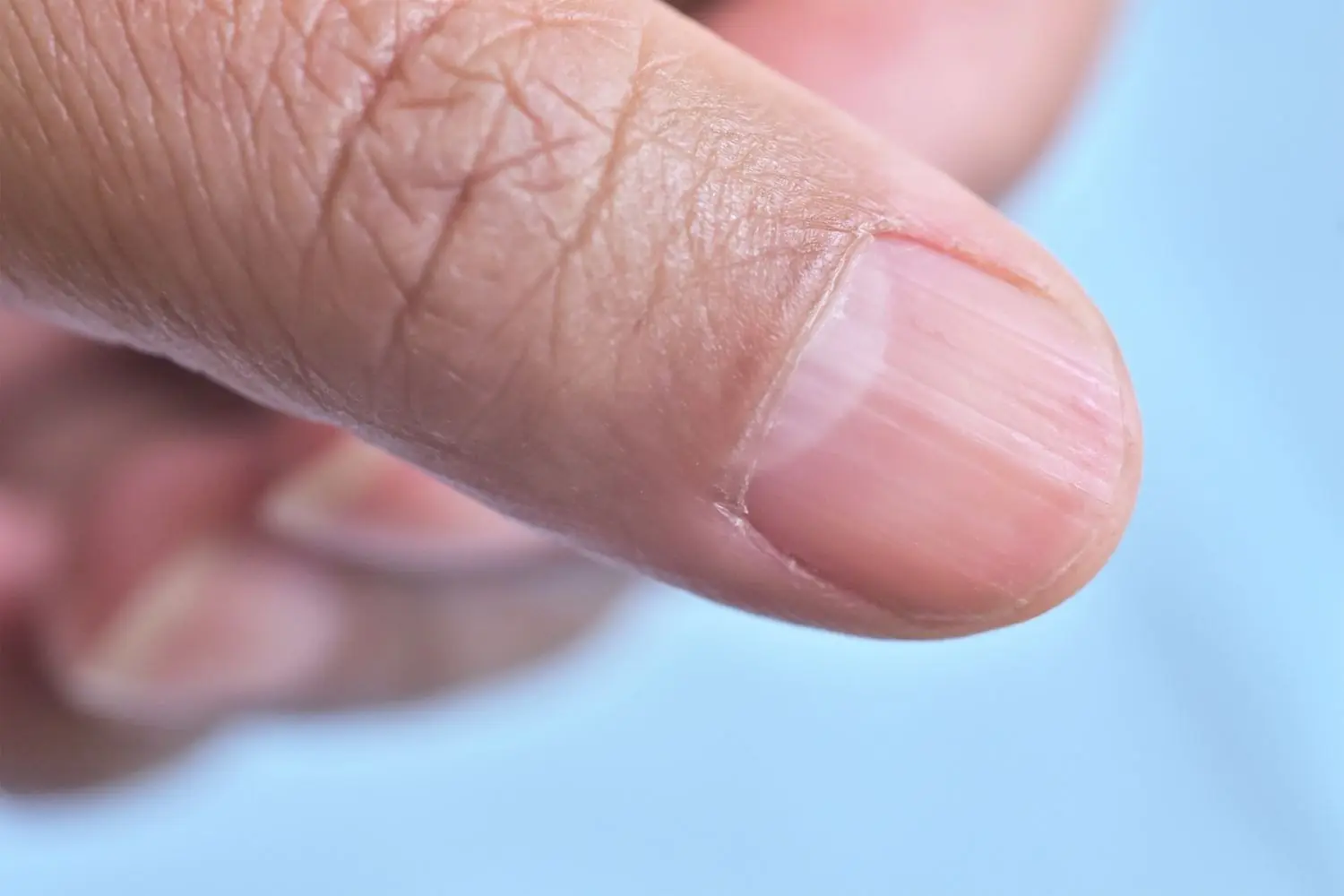




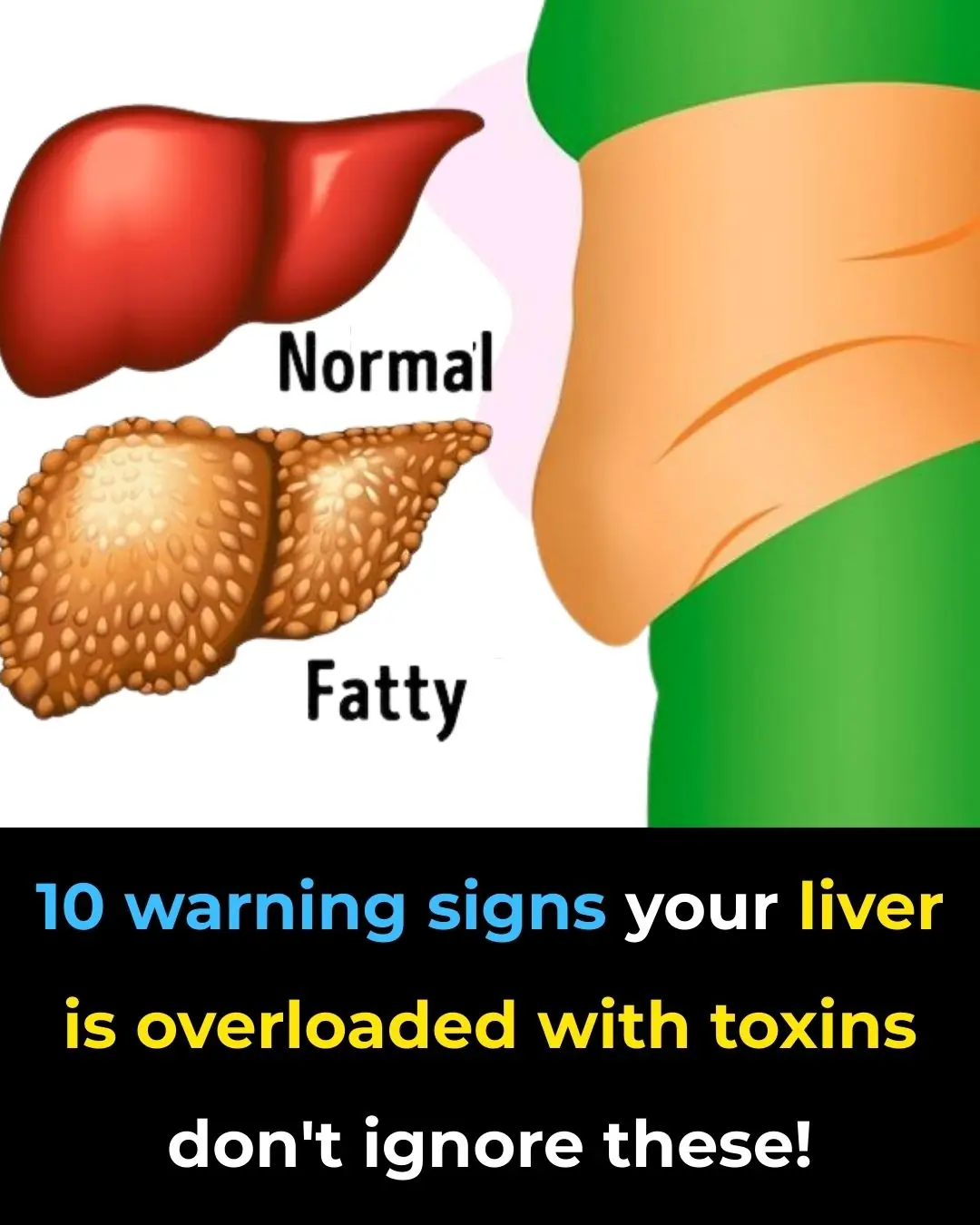

Could a simple vaccine hold the key to protecting the brain against one of the most feared diseases of aging?



Electric kettles are found in nearly every modern home, making it quick and easy to boil water for tea, coffee, or instant meals. But shocking warnings from health experts reveal that some kettles may release dangerous substances into the water you drink
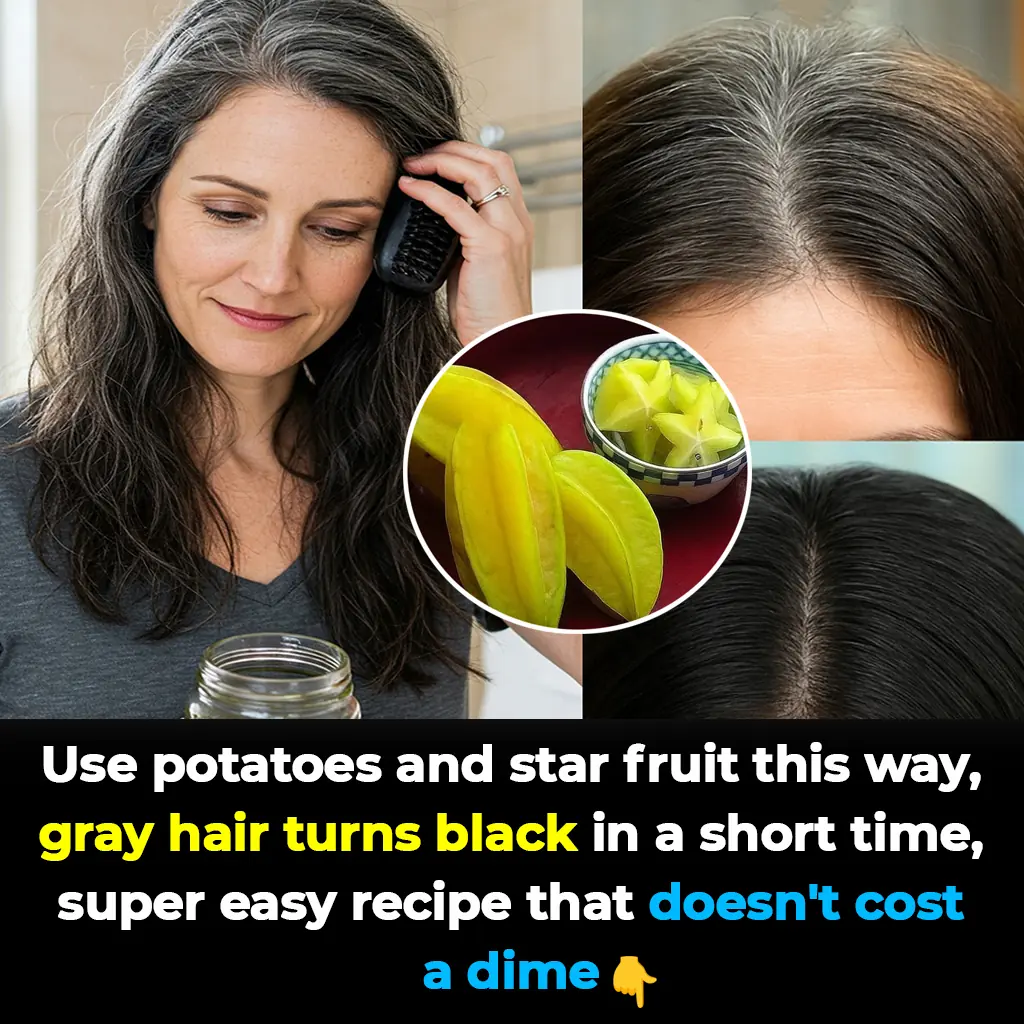
Struggling with premature gray hair in your 20s or already noticing streaks of silver in your 30s and 40s? Don’t panic. While gray strands can feel like a dreaded sign of aging, nature offers surprising, inexpensive solutions that can help you regain yo

This variation transforms a simple bridge into a powerhouse move, strengthening not only your glutes but also your deep core muscles, lower back, and hip stabilizers.
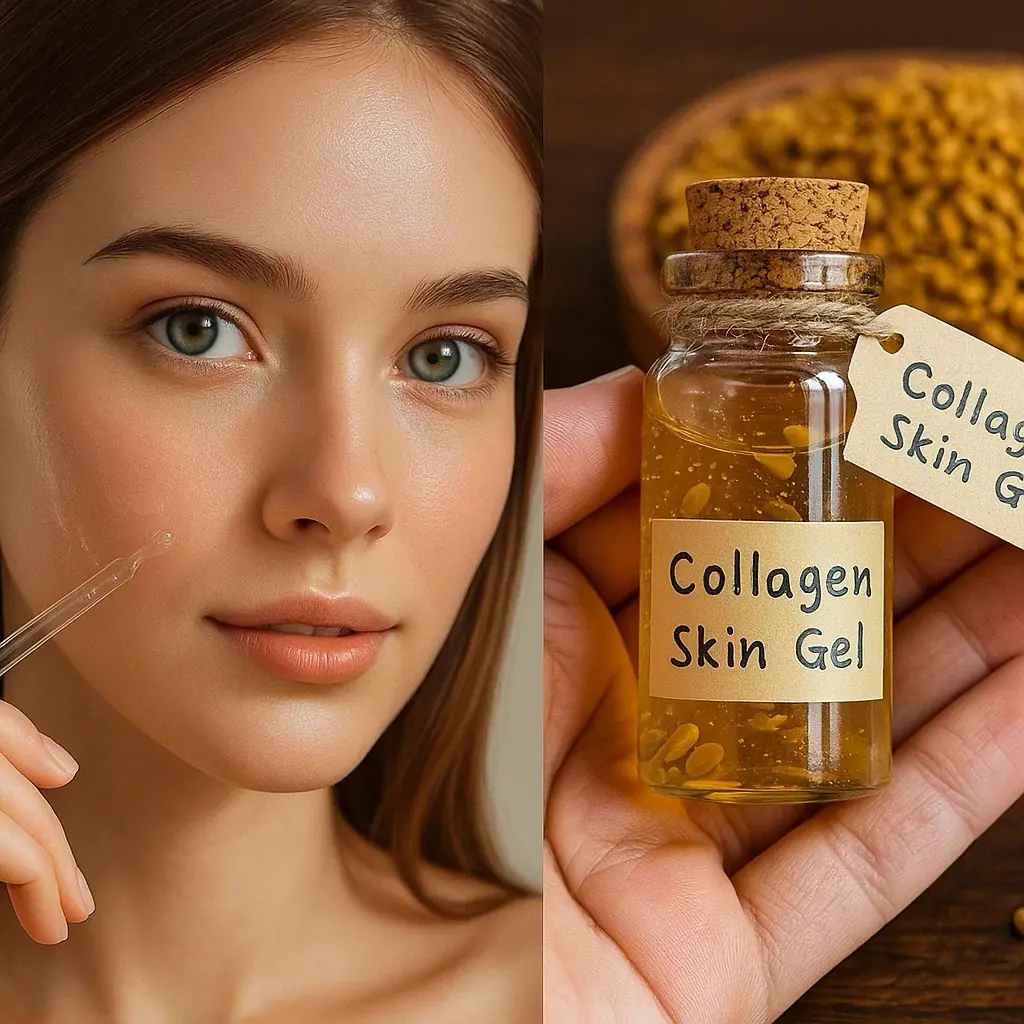
With flaxseed gel, you’re not just applying moisture—you’re giving your skin the building blocks it needs to repair, renew, and glow from within.

With just two simple household ingredients, you can try a gentle, budget-friendly, and surprisingly effective solution at home.

Packed with anti-inflammatory, detoxifying, and soothing properties, cabbage is more than just a kitchen staple — it’s a hidden healing ally.


A single bowl of salt might seem insignificant, but its impact on your fridge — and your household — is anything but small.


he peel is not harmful; in fact, it carries unique benefits. By using ginger correctly and storing it properly, you can unlock its full potential for boosting immunity, improving circulation, and keeping your


Plastic wrap is undeniably convenient, but it must be used correctly. Missteps like reusing, heating, or buying low-quality products can gradually harm your body.

He thought he was strong and healthy, but one morning at work, his body gave in without warning. By the time he reached the hospital, it was too late. His story serves as a chilling reminder that what you eat for breakfast could quietly determine your ris

Your eyes do more than reflect emotions; they can also reveal critical clues about your overall health. Subtle changes in appearance, color, or vision may sometimes be early warning signs of dangerous cancers developing elsewhere in the body — long befo

The influence of a husband’s habits on his wife’s well-being is far greater than many couples realize. Small daily choices — whether neglecting exercise or lighting a cigarette — can quietly accumulate into significant health risks over time.
